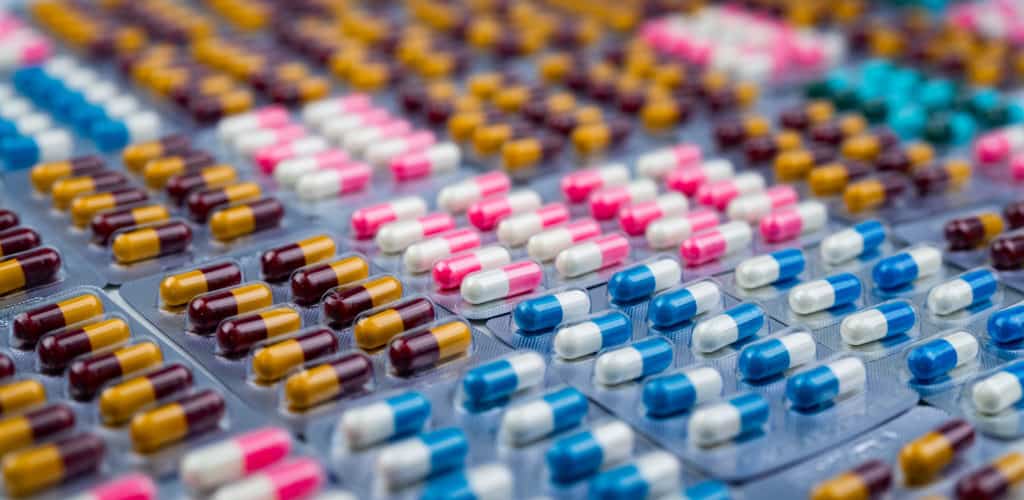In a lawsuit against 20 generic drugmakers, a federal judge is giving the public its first look at evidence of pharmaceutical executives texting and emailing each other to coordinate pricing.
According to the lawsuit, code words were allegedly used to collude with competitors in order to coordinate price increases and divide up the market share. The alleged code words included “playing nice in the sandbox” and “fluff pricing.” The term “fluff pricing” refers to the practice of inflating a drug price to create the illusion of competition.
The 510-page federal lawsuit, filed by attorneys general from 43 states and Puerto Rico, was released in full last Monday.
The lawsuit alleges that generic drug companies, for many years, operated under an agreement not to compete with one another and instead to settle for what the companies called a “fair share” of the market to avoid pushing prices down.
Those involved in the alleged conspiracy attempted to cover their tracks, according to investigators. Company representatives eventually urged others to talk on the phone rather than through email.
In one email from 2014, representatives from three companies talked about coordinating letters in response to a congressional investigation into price increases within the generic drug industry.
The alleged conspiracy involved more than 100 generic drugs, including those to treat cancer, diabetes, arthritis and other medical conditions.
The investigators also uncovered what they claim is a rating system created by Teva Pharmaceuticals USA Inc. of which companies would be most willing to conspire with the company. The lawsuit claims that an official at Teva created the rating system by conspiring with competitors and maintained the rankings based on their collusive relationships. A +3 was reportedly assigned to those who were the most collusive and a –3 to those who were least collusive.
The lawsuit claims that the companies sought to not only maintain their share of the market, but to also “significantly raise prices on as many drugs as possible.”
According to the claim, during a 13-month period starting July 2013, Teva significantly raised prices on approximately 112 generic drugs.



